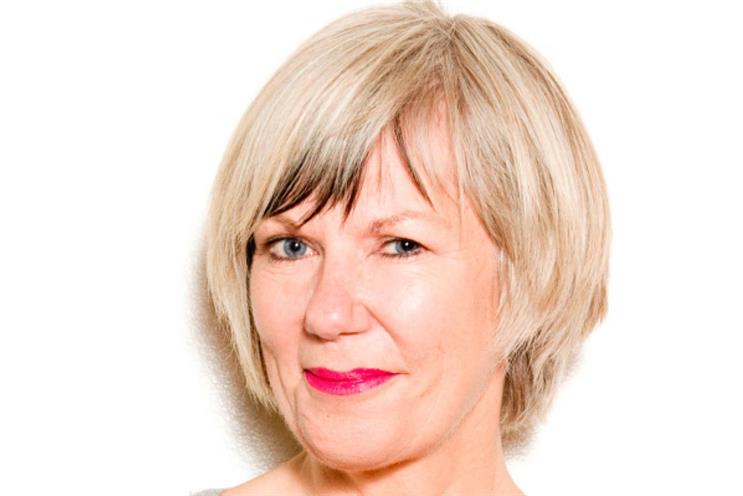
As the fifth season of Love Island gets under way, Jude Kelly sits down to talk about diets. The founder of the Women of the World festival and former Southbank Centre artistic director is not concerned with the diets of the reality show’s picture-perfect contestants, however – but of the viewers.
More specifically, she believes that what people consume visually could be having damaging effects on their mental health and it’s time for media companies and brands to take responsibility.
Kelly was at the Cannes Lions in June to speak on a panel, hosted by M&C Saatchi and MTArt Agency, that explored the relationship between our "visual diet" and mental health. In a digital landscape that feeds thousands of images to people every day, the Visual Diet project, launched by M&C Saatchi this year, aims to make people aware of the negative impact of bingeing on overly processed, body- and mind-negative content.
Kelly, who has spent her entire career telling stories through theatre and the arts, resonates with this idea more than most.
"You have stories that can reassure you and ones that also ask you to conform. So if you don’t conform, you feel trapped inside of that," she says. "Stories can legitimise or delegitimise your identity."
Since becoming involved in gender-equality initiatives, most notably founding WOW in 2010, Kelly says she has "become highly attuned to the visual diet".
"You recognise you’ve been groomed," she explains. "If you’re bombarded with images, even if your brain says ‘Nobody actually has that shape of body’, your emotions can say otherwise. It takes an enormous amount of effort to separate the two."
Which brings us to Love Island. ITV2’s popular show has come under fire recently after two former contestants committed suicide, sparking a national conversation about the dangerous pressures faced by reality stars who are propelled to instant fame. But some critics have also raised concerns about the impact the show could be having on viewers for perpetuating unrealistic body images.
Author and mental-health advocate Matt Haig called on ITV to stop producing Love Island, writing on Instagram in May: "At a time when there is more research than ever showing how mental health and eating disorders and dysmorphia are impacted by the images we see, having a relationship show where everyone – literally everyone – conforms to an unrealistic conventional physical ideal, clearly has a mental health impact… in 2019 it is time broadcasters show they care about mental as well as physical well-being."
Do media companies really shoulder the responsibility of viewers’ mental health? It is a question being asked more in the wake of movements to break down mental-health taboos. While Kelly cautions against censorship – "A society that tells you what you can and can’t consume is not one where creativity thrives, so we don’t want that" – she believes that media owners are "naïve" if they do not recognise the power they have over people’s well-being.
"To say that as long as the public likes something, it’s up to them – I disagree," she says. "Media companies hold a responsibility to recognise the huge impact of their power and to not use it in any way where someone else will be diminished."
Advertisers are also taking more responsibility for the power wielded by the images they create, as evidenced by the slow but steady growth of diversity in their campaigns. And while it is not up to advertising to save the world, brands can still help to "make viewers as intelligent as they can be", Kelly suggests.
"Of course [ads] are selling a dream, but it shouldn’t just be selling a happily ever after. You don’t want to capture people in escapism," she adds.
Brands such as Lloyds Bank, British Gas and Ford have created recent ads that address mental health. But one crucial issue that feeds into mental-health problems still remains taboo, Kelly says.
"One of the biggest mental-health issues is a lack of social mobility – the feeling that you only belong to your group," she says. "[Advertisers] should extend diverse representation to different financial groups and people of different fortunes. There are not many products that say ‘We’re all in this together’ and it would be good to have that."
Kelly is doing her part in creating a more nourishing visual diet for everyone. WOW is preparing to mark its 10th year in 2020 and expects to expand from 22 countries to 30. While maintaining its founding mission of celebrating women and girls, the organisation is also addressing topics such as toxic masculinity, black equality and mental health, Kelly says.
"The warning signs that were given out years ago haven’t been taken seriously," she continues. "People think mental health is only for the most vulnerable in society, but people are actually being made more vulnerable by images."



.jpg)


.jpg)